A basic outlining of how we define what makes art, art.
Defining Art
To differentiate between the two ideas: ‘art is subjective, and therefore, everything could be art’, and the idea of what is generally received and becomes appreciated as art amongst a group, we should first create some sort of defining framework for what art is. And it’s also pleasant to have some idea, as to why you respond to something in a particular way. To in a way, map your emotional reception as a way of knowing yourself. So here we are evaluating how we humans perceive art (generally speaking). I’ll make suggestions, and you think to yourself if you agree or disagree.
Art is a frequency of how one emotes that might not be easily translated across intelligence, almost as if in need of decoding, by the individual receiving. To transport you into a different time. Get a sense of the norm of those days. The ideas and beliefs, step into not just the artist’s shoes, but transpire into the culture the artist came from. It gives an emotional experience. It resonates with the senses. Inspires wonder. It compels? It invokes a state of change inside the consciousness. It can summon memories and give rise to hopes and fears. Even for the portrayal of powerful experiences, like an exposure to paths of proliferation, or exemplified in one’s own destruction.
Could we say art changes? Would depend on the final product’s reveal for uncommon is it an idea remains as pure as it was at conceptualisation. And instead, changes and develops into something more founded and grounded as the idea itself, is researched or explored, even introduced. Art is a way of life, a perception one can live by. It can even stand as someone’s belief as an ideal for them to stay true to, and assure their head continue to be placed upon their shoulders.
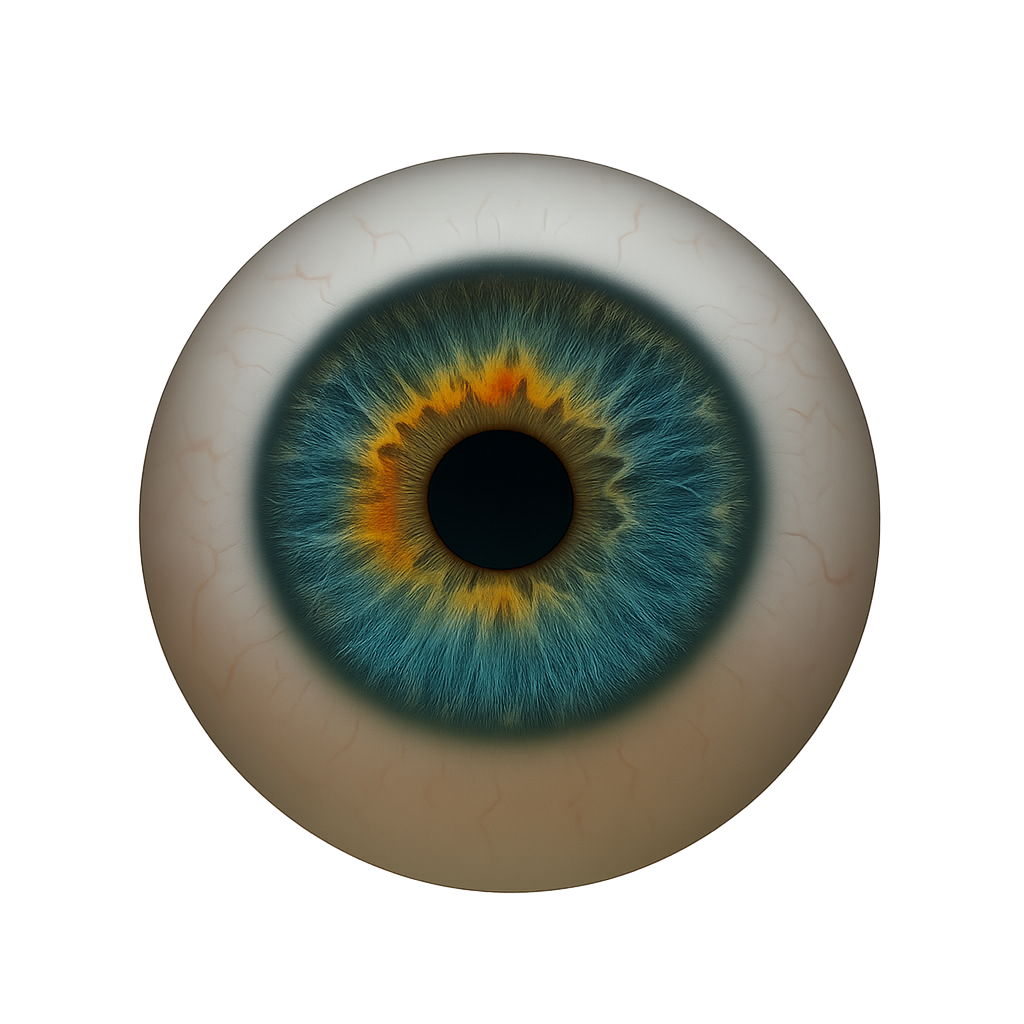
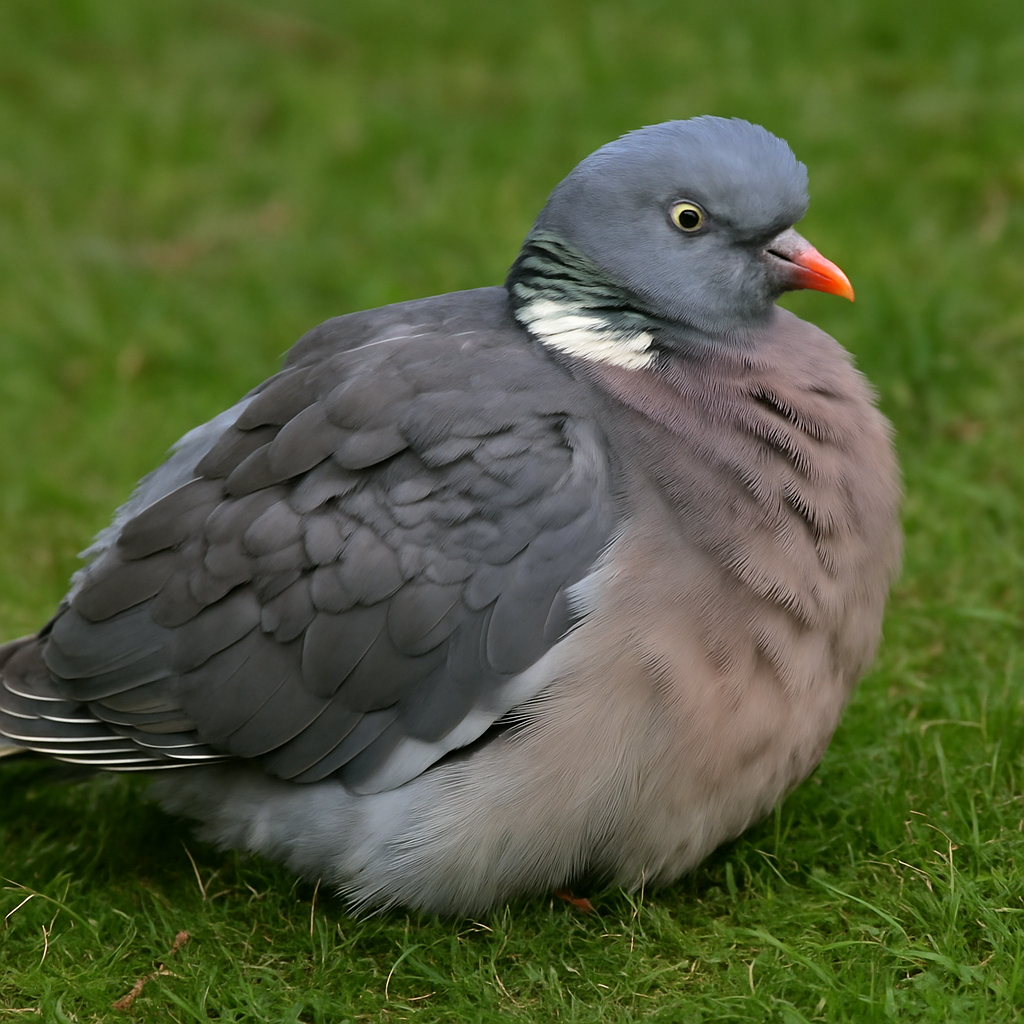
What are types of art?
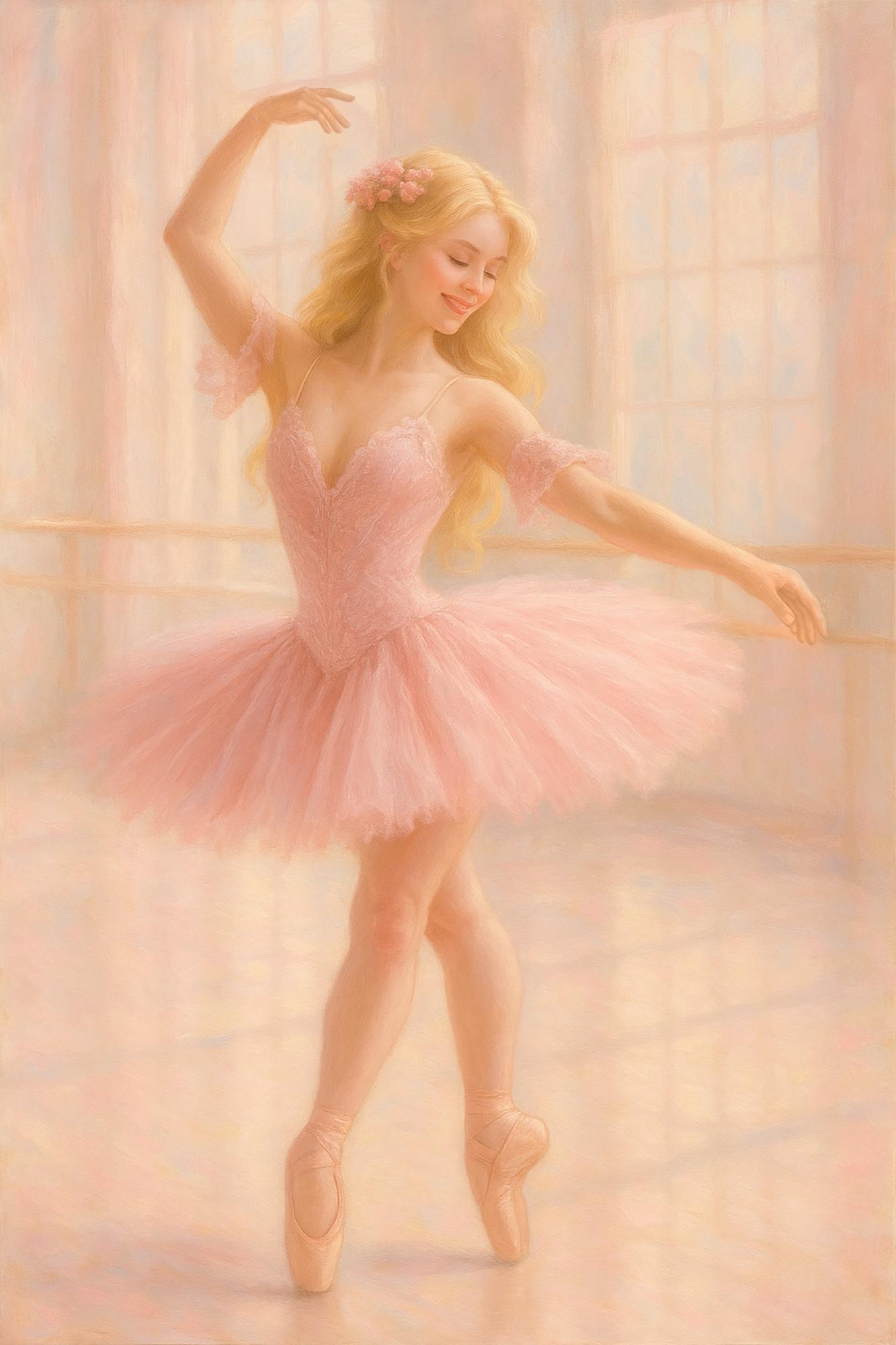
Visual Arts
Available in two and three dimensions. Visual arts include: Photography and cinema. Something the requires a machine to capture the light of an alignment in time of what already exists. Sculpturing, architecture (though many tend to reserve that into its own category), canvas based arts like paintings but also digital art, which then perhaps extends into game design? With digital art and game design once not being considered art at all when it first became popular, and rejected as such.
Performing Arts
Performing arts is an artform that expand into a kinetic realm. Like theatre. The emotional tension of drama. The suspense is killing me. Of which I’d include here even humour if I do say so myself. And on the subjective of bodily moving arts, what of then martial arts? To express the body.
Musical Arts
Another extremely popular interpretation of art is audible art, in the form of music that comes in a variety of genres. The invisible matrix of rhythm and scales, of techniques in melody and harmony bound together, guided by intuition and feeling. Some genres, like classical, more respected and considered art than others, like dubstep…
Culinary Arts
Art in large part explores our sensory interaction. But most notably seems to be visual and sound forms. Is that then the primary ‘human interpretation’ of art? If we had an intelligent comparable? What about creating arts based on smells? Too fleeting? Though chefs are sometimes praised as artists and practice culinary arts of both taste and smell, to combine the perfect blend of aroma and flavours, that sometimes is paired as an array for a complete experience. This is somewhat of a tasting itself.
Though to cheffing (it is a word) as an artform, does have a strong visual component. Chefs that are dedicated are conductors of hunger. Exploring new ways to bring out the appreciation of taste from something some might not even think they’d like. From this observation. We could say also that art comes with it an emotional aspect, as without the ghrelin of hunger compelling the individual, the attraction to food could have little to no affect.
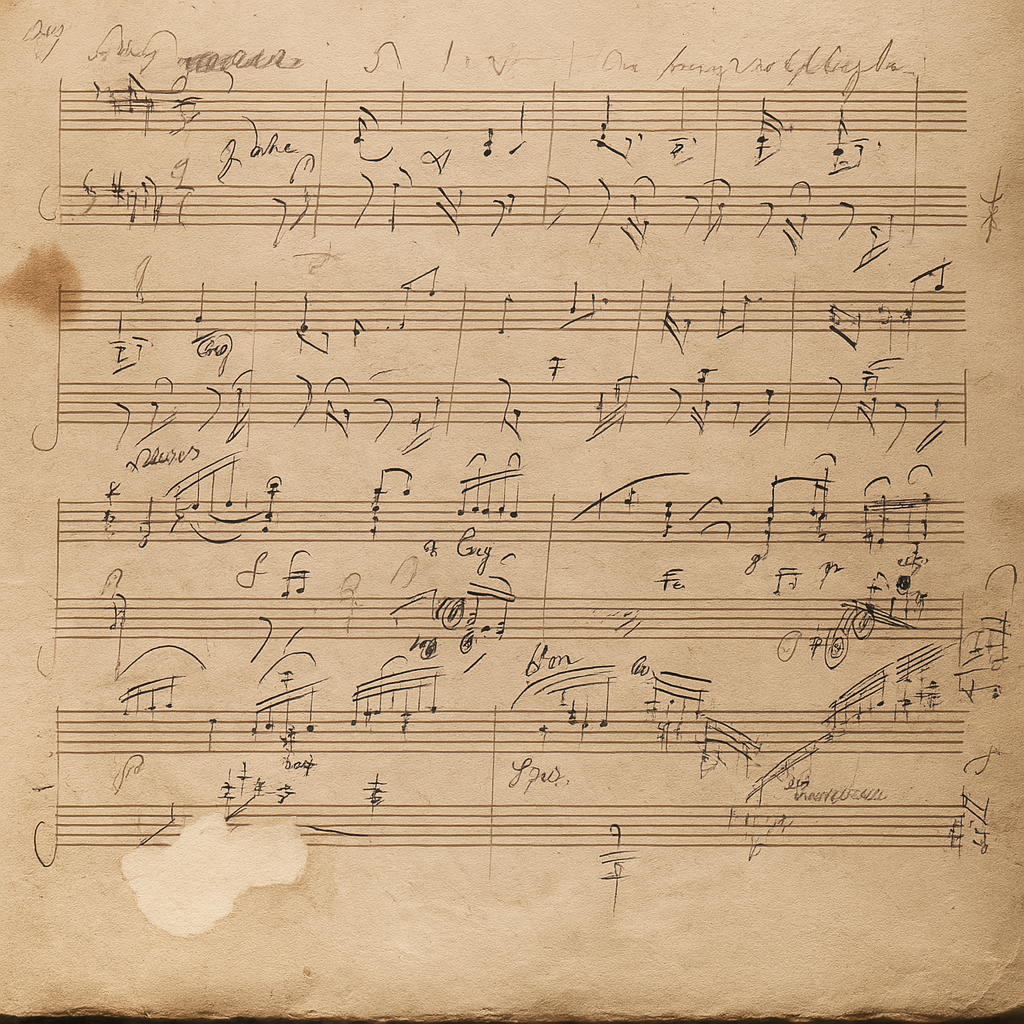
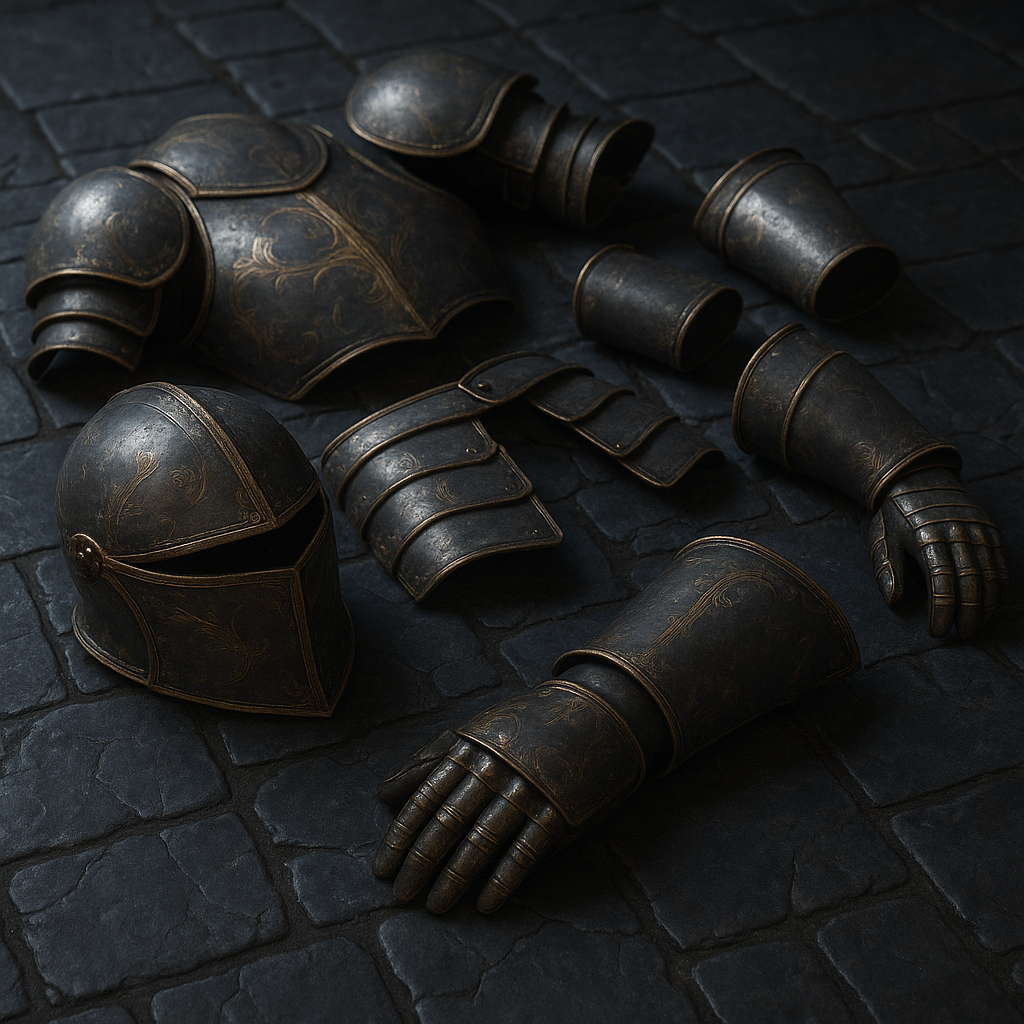
Literary Arts
What of a more noetic form of art? That involves heavy use of the imagination? Like perfectly placed and sequential ideas? That require education in that language to appreciate. Written arts like a poem.
For all art, but perhaps most of all writing, lies in intelligence like that of a complex but well-structured novel? In captivated in encapsulation of metaphor, or is it the non-physical reflection of archetypal echo? Resembling philosophical or mathematical abstract forces in our universe conveyed in a presented idea to ignite emotions.
Maybe get a bit of poetic justice in there, and let virtue triumph over vice. And give you that good feeling. Or relate to the natural law of real life loss. Or the story of our time. Stories bound to human nature, you’ve noticed little glimpses manifest in your own life’s periphery, and here laid out tells us the tale of what we might just do should we find ourselves in a similar situation.
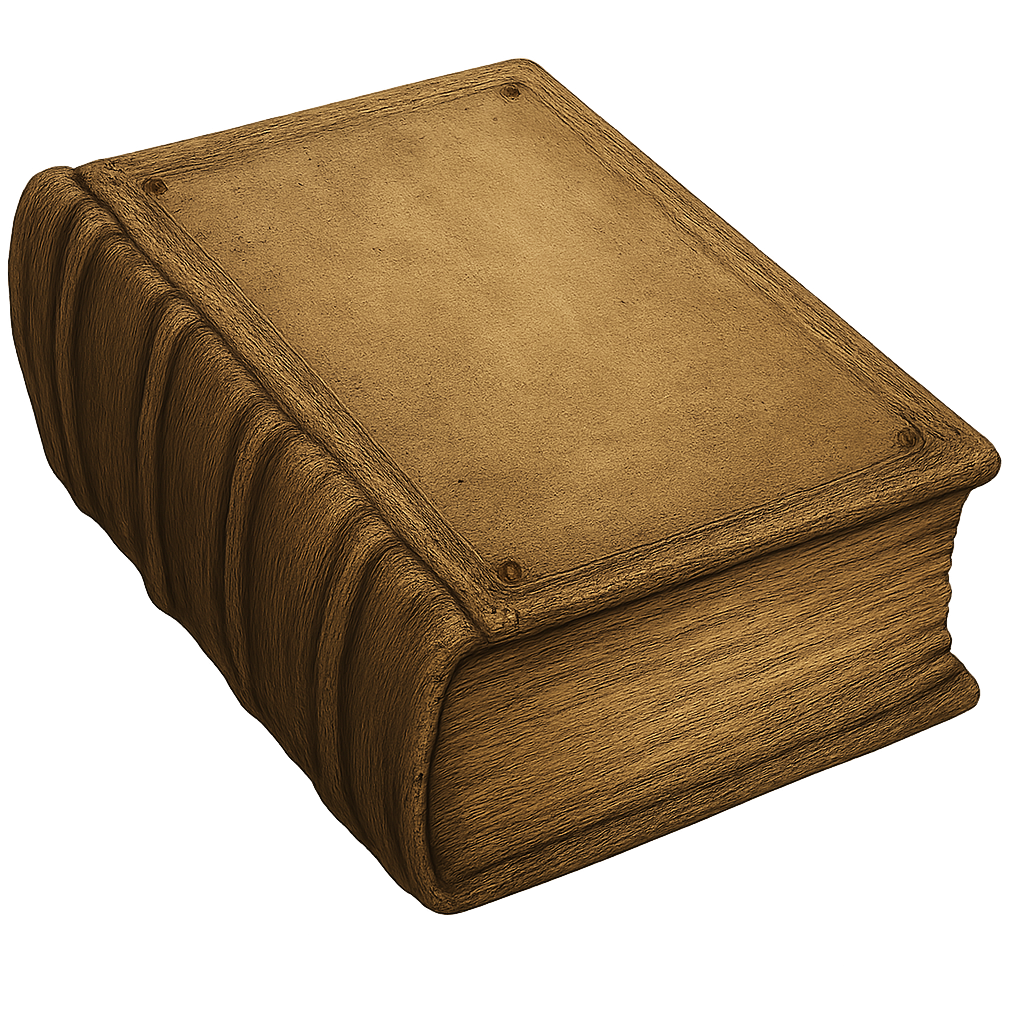
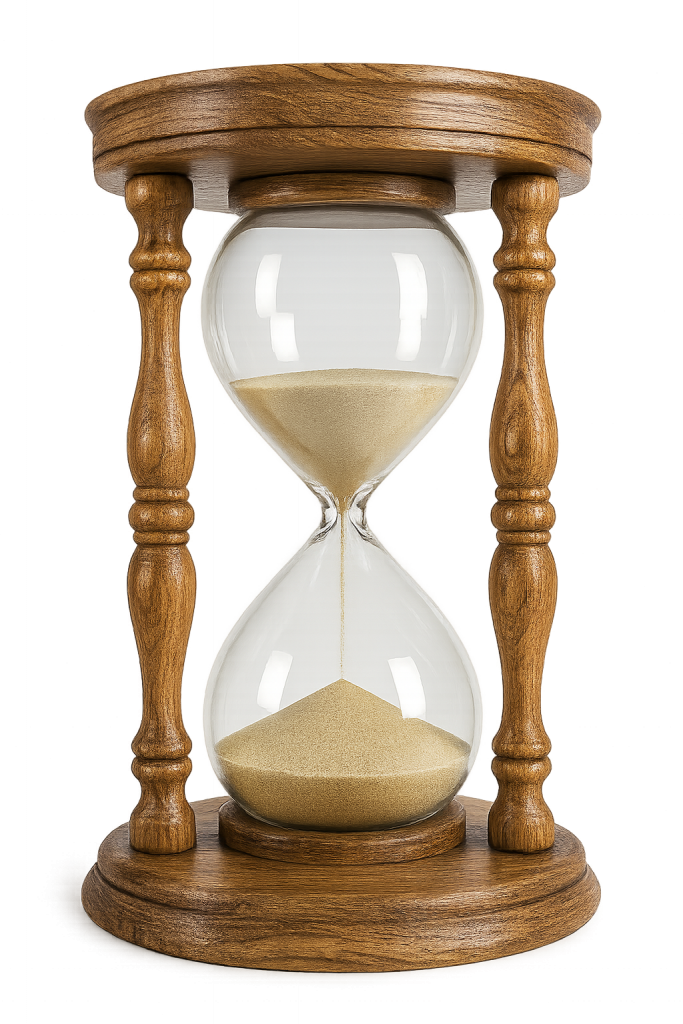
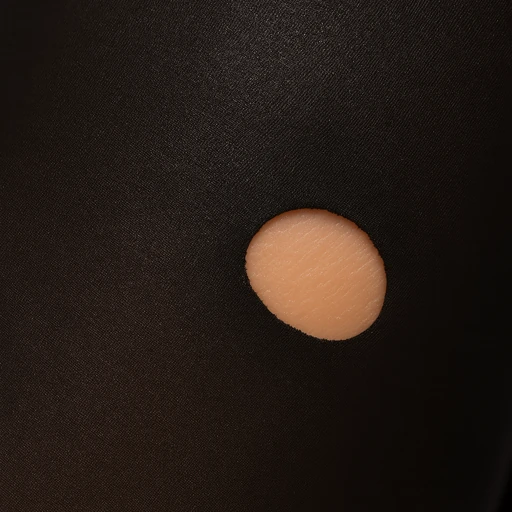
Do the tools matter?
These are all ways art itself – though I’m sure not all the ways – art can be expressed amongst others (such as fashion and ceramics etc.) And done so, though important, it is not merely the hands and fingers of the artist that compose and design. But also the by the tools applied. Do tools help define the art? Would the art be the same without them?
Who is a sculpturer without a chisel? A painter without a brush? A musician without their instrument? A digital artist, without their stylus pen?? The tool is the doorway, the extension to create. And needing that tool, does not make them any less of an artist than those that do not require tools.
What are types of art?
Here’s we’re asking, what characteristics or aspects of about various types of art, is what grants it as ‘art’ as we also question art itself. The ‘life’ of art, some might call it. And as it so happens, a lot of what these qualities are, are themselves, very subjective. But maybe that’s the point?
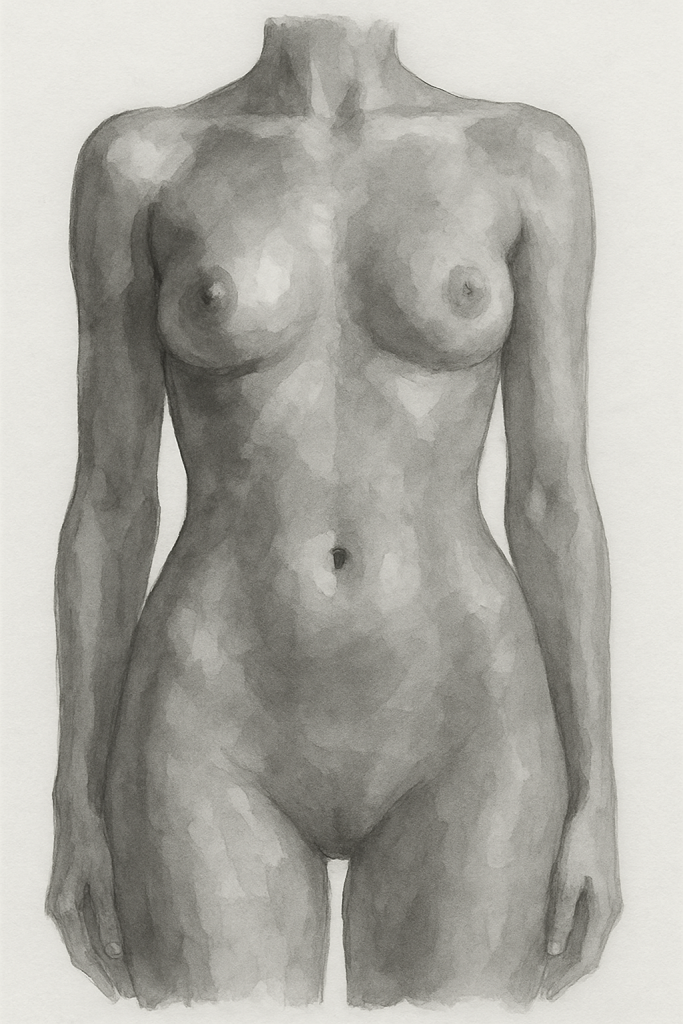
Expression
Emotion, difficult to define. Without using assigned words, like anger for anger, or even without words at all, how would you declare what your emotions are? How would you do what you would feel obliged as a human being to do, that is to show them? Use art? But, for a piece of art to project emotion, first emotion has to be put into the art. Be shown in some way in their inspiration. For what the spectator may want, is to feel like they’ve met the artist in a way, having never even been introduced. As to be awakened by their passion.
Creativity
To simply, create? Or to create the unseen? The unthinkable? The unusual. The original. The spontaneous that “works” rather than being abrupt. The surprise, and how that makes one feel. Left out, or wanting. A challenge to understand it. A sense of the future. Or even feeling a little dumbfounded, is that awe? To think outside the box. To reimagine, rearrange, combine different variables of old and new. And how that’s done is anyone’s guess. How exactly do new ideas form? The art of associating unlikely connections? Sometimes you don’t even need to do anything but enter the defuse.
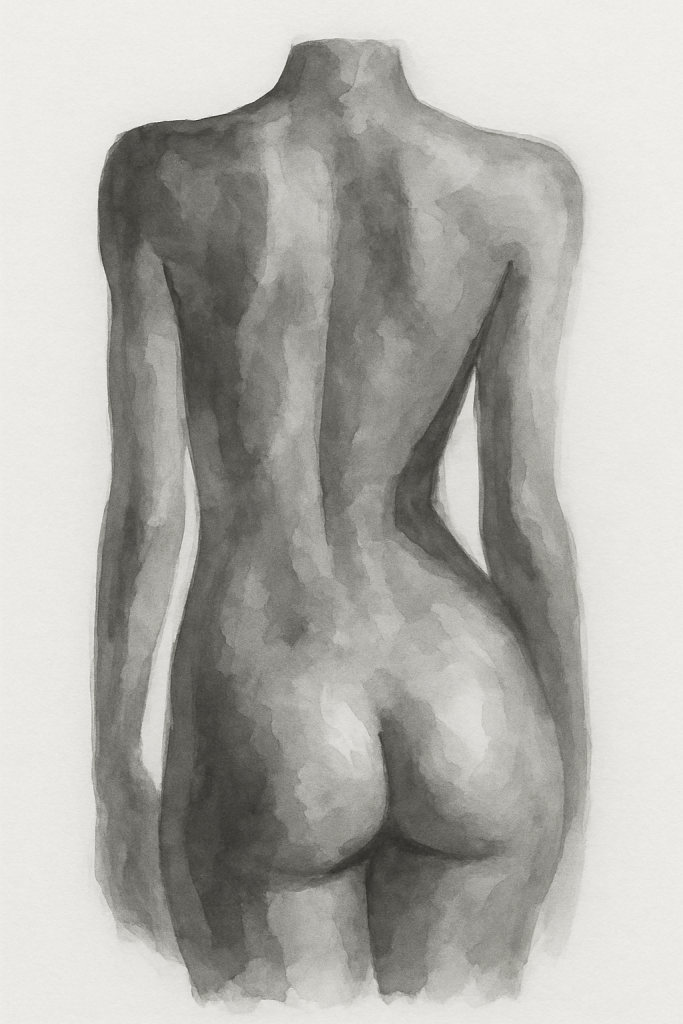
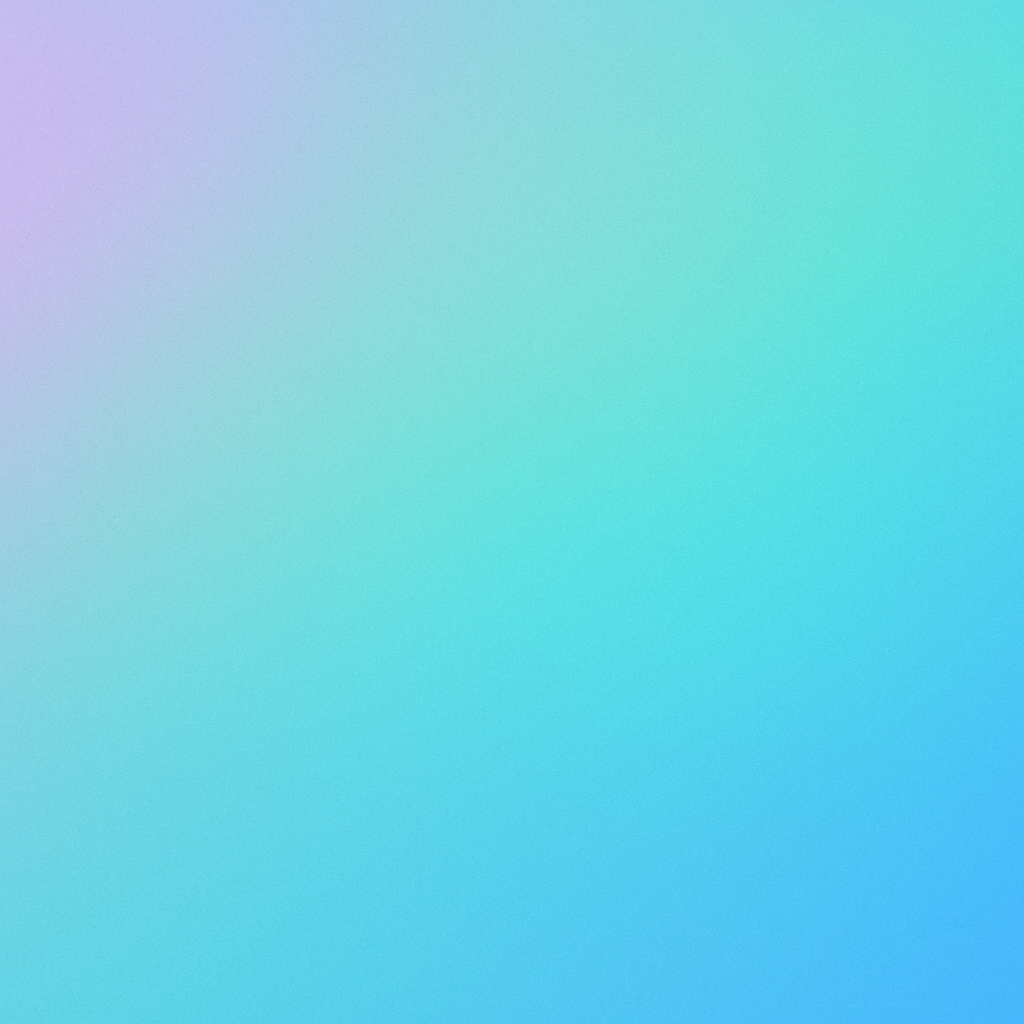
Detail
What about vividness? The fine texturization. The contrasts. The transitions. The colour collections ensemble. The Trills. The richness and vibrancy. Infusions. Not faint, not tinny but full and radiant. As if a surge like your brain jolted, no longer starved of sugar. What about complexity? The depth with hidden reference and tribute intertwined. Nuance and subtly that could change a piece entirely based on position. Even then send multiple messages at once. A message that might only be able to be translated, by those skillful enough to appreciate it.
Skill
And alongside detail comes skill. Skill could come from practice. Skill could come from something as miscellaneous as talent. Skill could even come from suffering.
By which the approach the artist takes strays from the conventional amateurish attempt. Knowing full well the motivating consequences to fail capability. And the spectator has expectations and demands. Show me how, what you endured through your endeavour, transformed and mutated you.
Should art possess skill? Does skill dictate art? Something to admire beyond the piece themselves – the artist – as they flaunt what we don’t have. And the proof of this. A portfolio. A back catalogue. A reputation. Is art not in a way, a sign of someone’s accomplishments by default? By the level they are at, enough to be able to portray what it is they imagine from nothing.
With skill then, comes intent. Is that not counterintuitive to spontaneousness? Or do we assume it’s all plotted for show? And can we then dismiss accidents as art? Is there ever such a thing? What of then unintended outcomes, that may appear in nature? Does art have to mean something, and be forced into life? Can a being like a baby, be incapable of creating art? Art could be considered a hierarchy. A pinnacle ever rising for those that study the purity of the subject, and make something magnificent out of it.
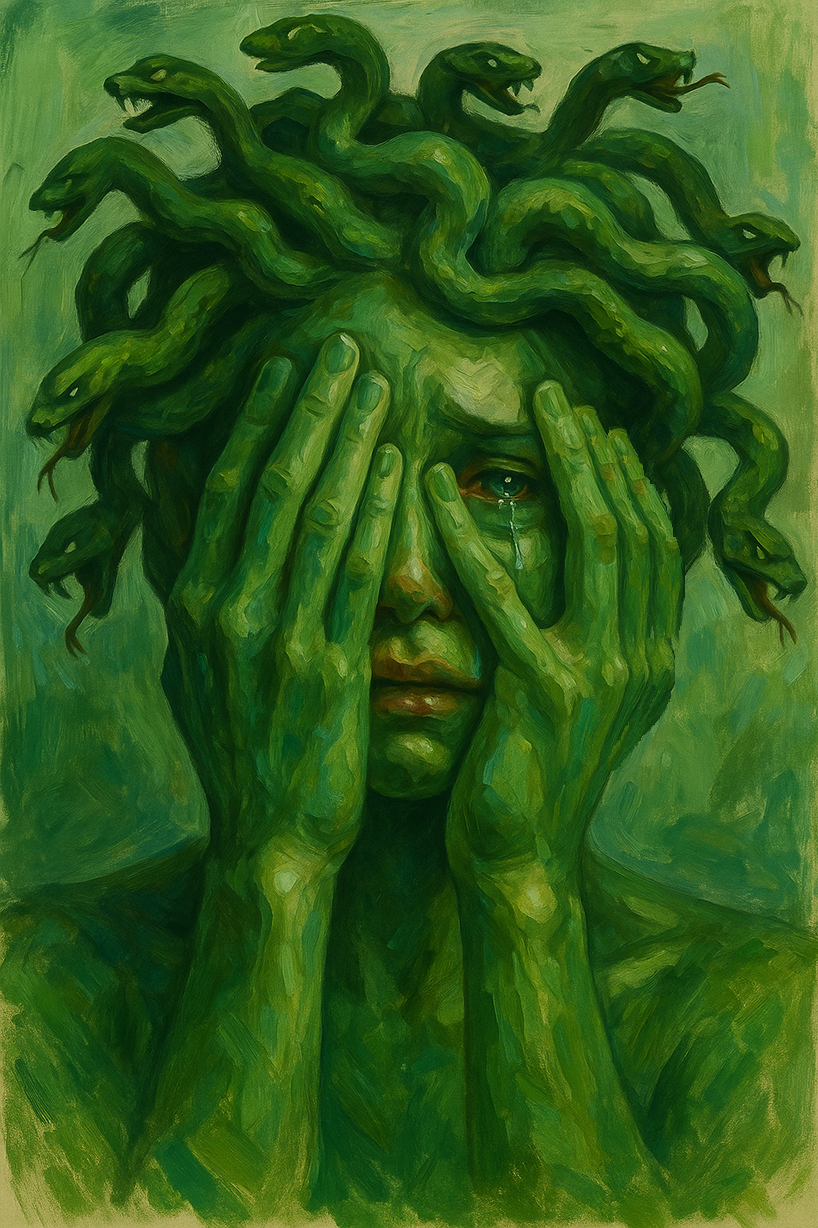
Beauty
Now this is an interesting concept. Whatever beauty is supposed to mean. Like symmetry? Always? Grace, and balance? Over clumsiness. Pristine, and cleanliness? Next to godliness though embroiled it could be under the surface. What of patterns, neatly organised, or a direction, inward, like that of a flower. Perhaps something related to your own identity and self-image you project in hope? Or is it beauty has the power to poison those around it with magnetic draw. To be hexed by curiosity. Taunted with desire. However beauty is, art undoubtably imbues it as it to art.

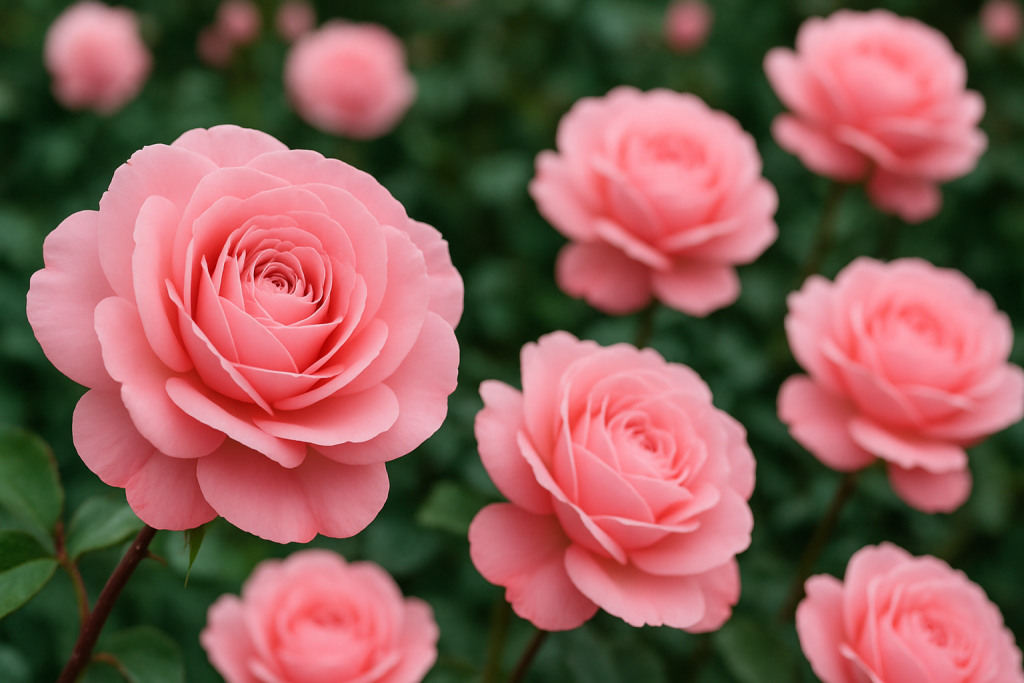
SPECIAL
What is it that makes something special? Uniqueness? Sentimentality? Belief? Identity? Perseverance and effort? By someone endearing of these attributes? Something exceptional, based on what was normal at the time? Someone truly special, cursed by their own gifts. Or of a masterpiece combined of an accumulation of resources, particularly those that are rare and hard to acquire and not to be wasted.
This concept of speciality, as if selected is most definitely a human desire. A desire, to be desired of which art then deemed special could be claimed for oneself, so they can then feel through their ownership, that they too are now special and revered like the art as the ego melds. And of course, should the magical illusion of what makes that special be removed, there would be, threat.
But is art itself as it is by the virtue of its being, not already special? What about nobility in art? Art has to have a bit of class. A bit of finesse. Art is something to be traded for in the human emotional currency known as respect. Like doing things ‘properly’ and ‘officially’, not short cuts and producing a cheap knock off. Doing something admirable, creating that desire by embodying an ideal as to what the spectator knows deep down is the right thing to do as to how to go about creating that piece. As if it should already be something before it is.

The Artist
Sometimes you observe things not for what they are but where they’ve come from. For what they’ve been built upon and represent. If there was a fantastic piece of art, ticking every box. But then it was later learned, the artist just did it for a quick bit of spare cash (does anybody have any spare cash?) How would that make the viewer see the art and the artist, as if two separate entities? What if no dirt was besmirched the reputation, however the artist hated what they created. They felt it was forced. It causes stress. It’s not a joyful memory to them, would the spectator see things the same? Would they have pity on the art for the bad energy bestowed?
If there was a brilliant artist. But then you found out they had committed some horrendous crimes, would yours and the public’s appreciation of their work change? Though it’s possible that be a cultural thing of our time if looking at a historic figure. The sense of character of the individual, the kind of ‘soul’, they are, also becomes factorised into art. A clash of inner opposing projections then disassociate from that considered “bad” thing and how our perceptions are altered by identities.
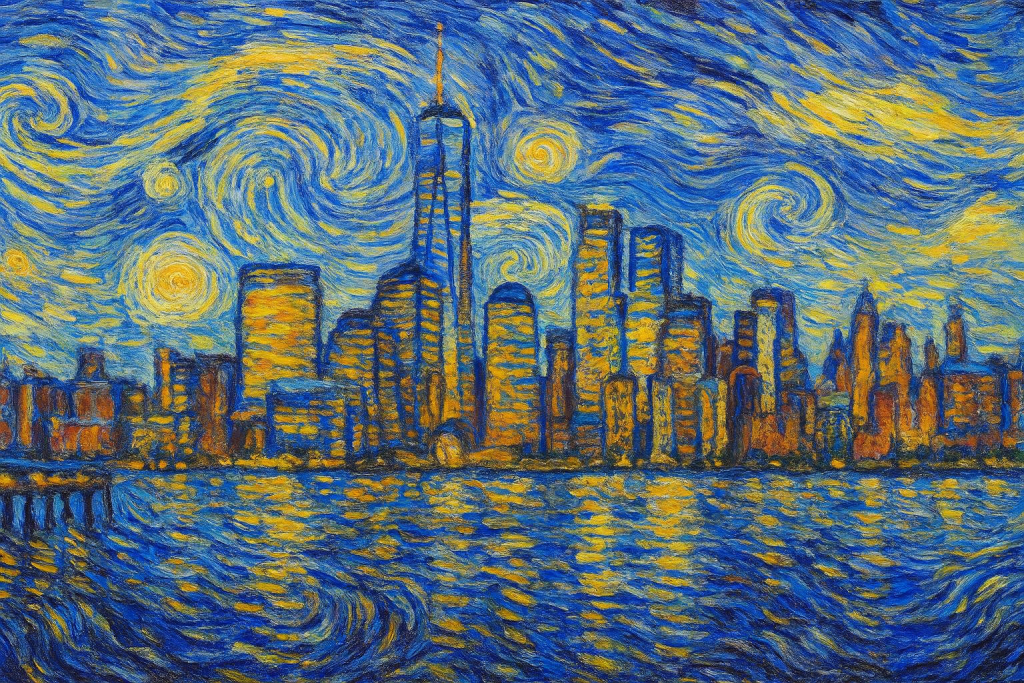
Does coalescing absolve validity of art?
Lastly, to evaluate art, I would ask, can art types combine? We can say the written script of a play is but one component of the spectacle that makes cinematic art? Along with the timely music, and acting performance amongst other artforms.
Should all of these qualities exist in all forms of art? If all of them did, does that make it more art than something that has less of these qualities? Do more aspects of art make more art? Or vice versa? By which the more the merrier? Is that “the rules”?
If it is true that something can become art based on singular or multiple conventional ideas of art, and yet still be valued the same as art – the same as a different artistic piece possessing differing qualities which is overall regarded as art – does that then mean what is defined as art needn’t equate to something else foreordained as its intended self?
For if true, it is I do wonder inside a group – be it a generation, a culture, a way of teaching, even something as whimsical as a trend – would it be natural for that group that appreciates art to tilt? That is to say to appreciate art in their own way. Which could be to favour one aspect of art however comprised over another? One group may be attracted to the high velocity of detail, whilst another be attracted to an ideal of craftsmanship and a third group worshipping the unforeseeable.
Would it be wrong to police and deny anyone their preference? Would that even make sense? As if to accomplish something… As if it somehow made another group’s priority, prioritised amongst them all? Is that the rules? Or, would that all just be a little bit silly? And instead what we could do, is simply just enjoy our own preference and allow more of that into our lives? Sounds like a much better idea.
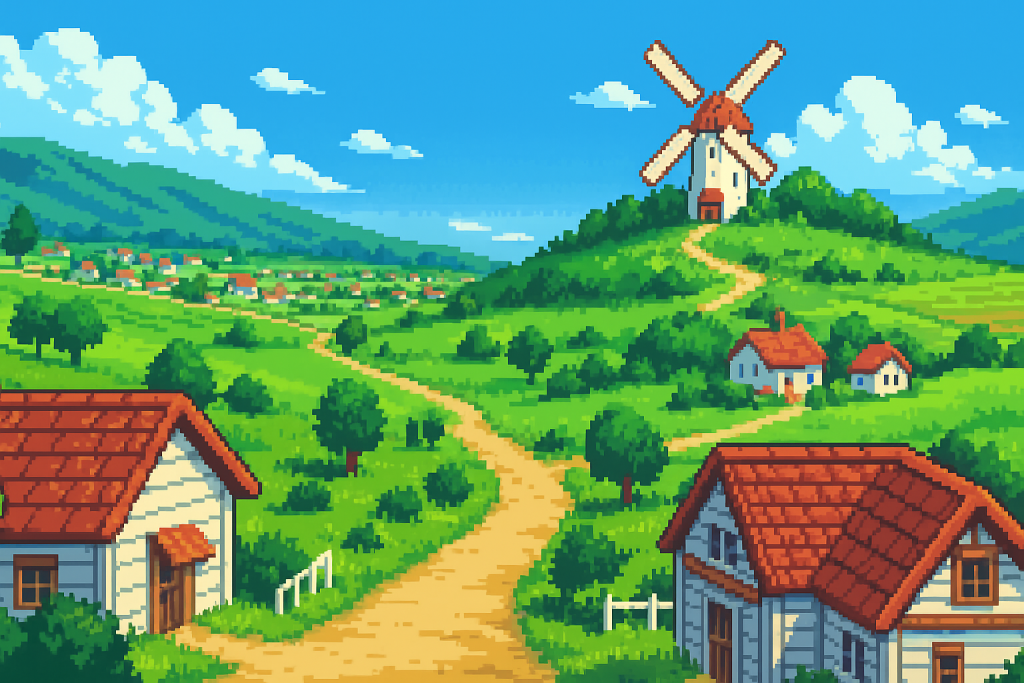
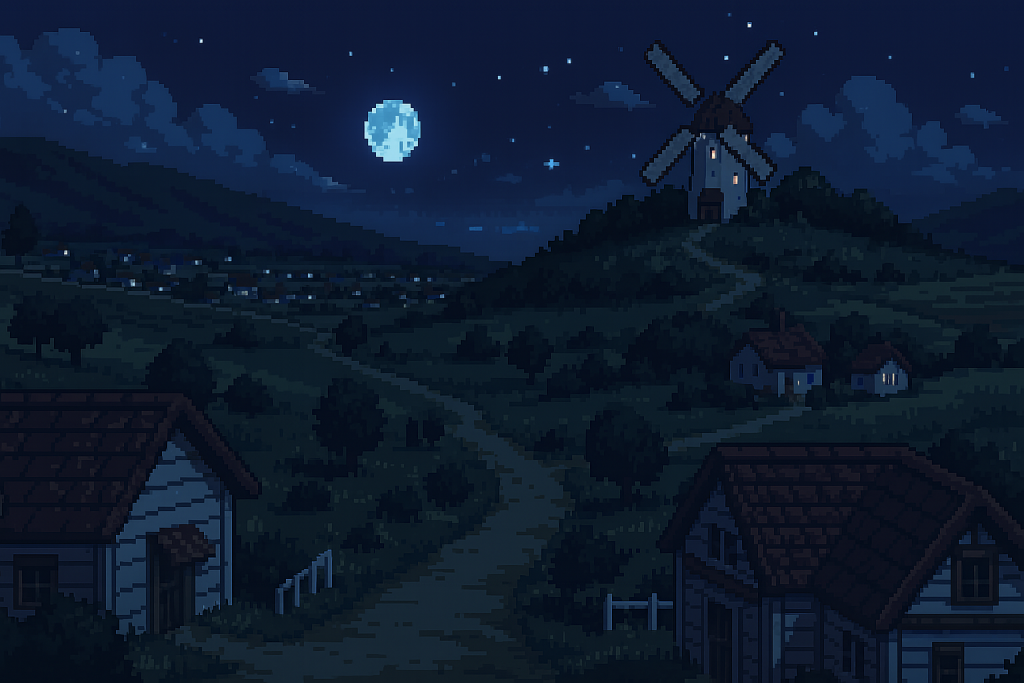
Leave a Reply